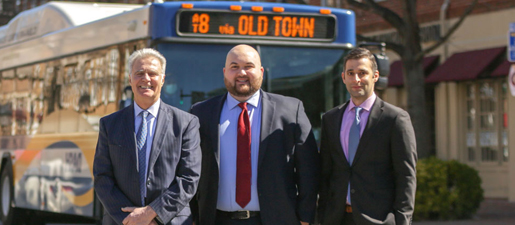With the unfortunate news of the Queen passing and the subsequent induction ceremony of King Charles III, we thought this would be a good time to explain sovereign immunity in Virginia. You may wonder how the royal family in England relates to sovereign immunity in Virginia. Still, the truth is that sovereign immunity in Virginia derives from the time of absolute monarchies.
During the time of empires and absolute rulers, there was a saying that “the King can do no wrong.” Partnered with this saying was a legal concept called “Crown Immunity,” which meant no one could sue the King. The law in Virginia has evolved into qualified immunity, which means that governmental entities and their employees may be immune from suit if they qualify for sovereign immunity.
In Virginia, there is an established four-prong test to determine if a governmental official’s action qualifies for sovereign immunity. This test was established in James v. Jane, a case decided by the Supreme Court of Virginia in 1980. The four factors in the James v. Jane test are:
- The nature of the employee’s work. If the nature of the employee’s work is governmental, this factor would weigh towards granting sovereign immunity.
- The state’s involvement in the employee’s work. The greater interest and involvement the state has in the employee’s function, the more this factor weighs towards granting sovereign immunity.
- The degree of control the state has over the employee. The more control a state has over an employee, the more this factor weighs in favor of immunity, a low level of control weighs against immunity.
- Whether the negligent act in question involved judgment and discretion. Recognizing that almost every task includes judgment and discretion, if judgment and discretion, beyond ordinary levels, are needed by the employee in effectuating the governmental purpose, this factor weighs in favor of immunity.
As personal injury attorneys, we evaluate many cases that involve sovereign immunity claims. In some instances, even if sovereign immunity does apply, the injured party may not be completely barred from recovering compensation for their injuries. For example, in motor vehicle crashes involving a government official, even if the government official is immune from a lawsuit, the injured party can still obtain compensation from their uninsured motorist (UM) coverage on their auto insurance policy.
To that end, VA Code § 38.2-2206(B) defines an uninsured motor vehicle as a motor vehicle in which the owner or operator of the motor vehicle is immune from liability. Sovereign immunity in Virginia is a complex legal concept that does not have any hardline rules, and the concept is all derived from the notion that “the King can do no wrong.”

